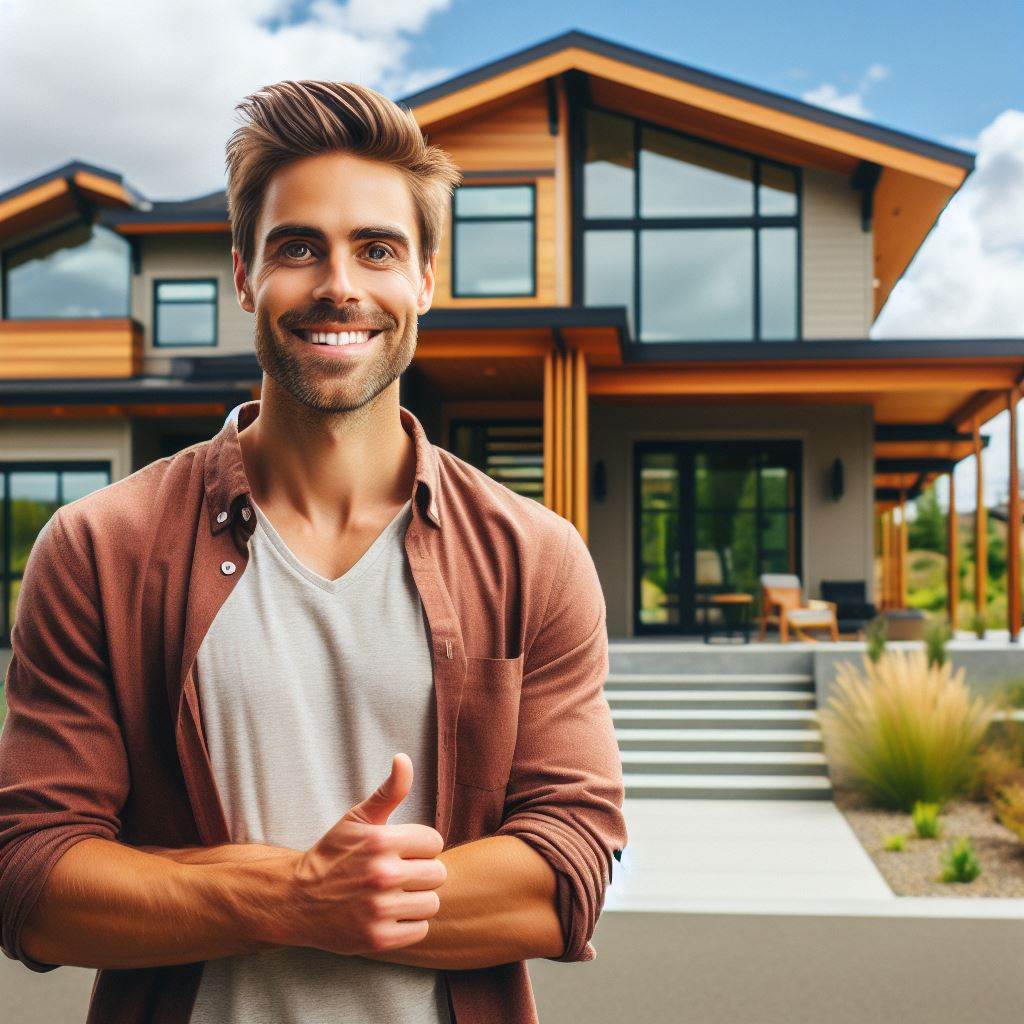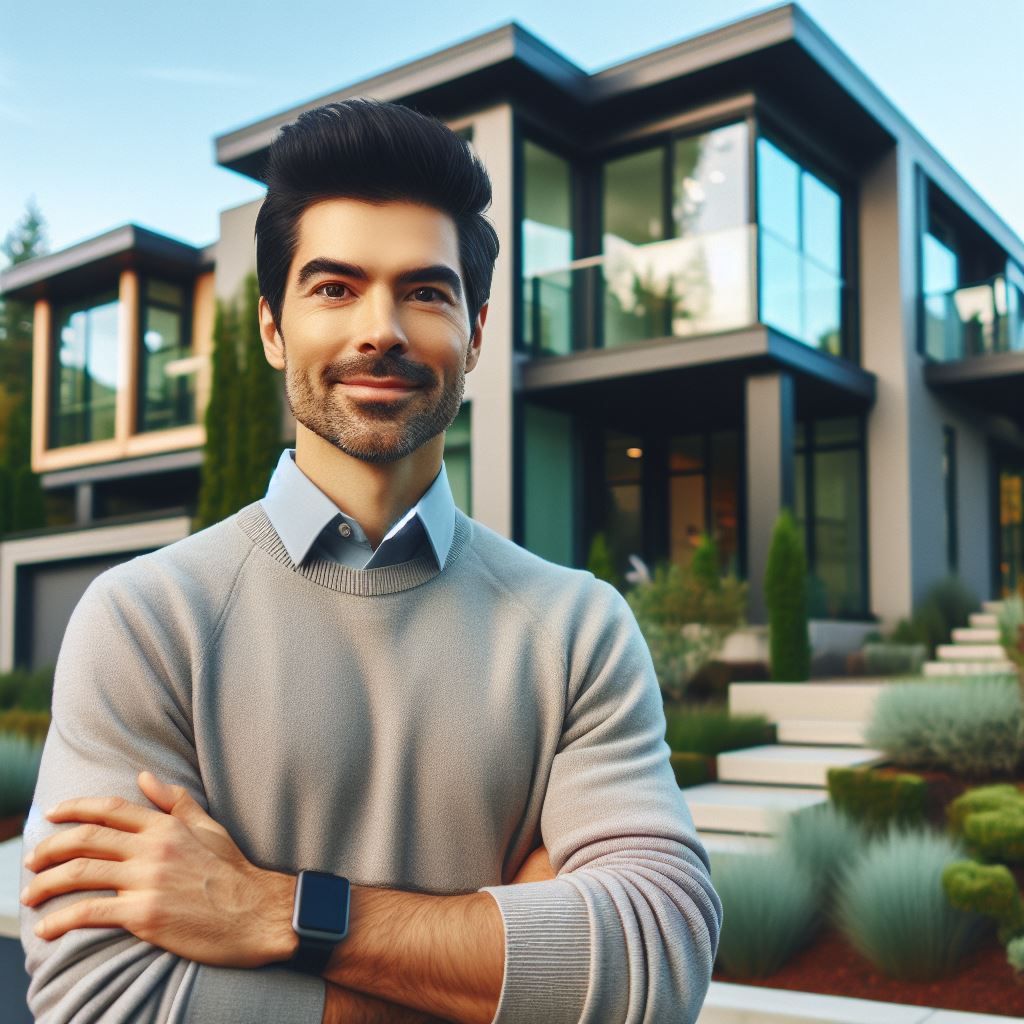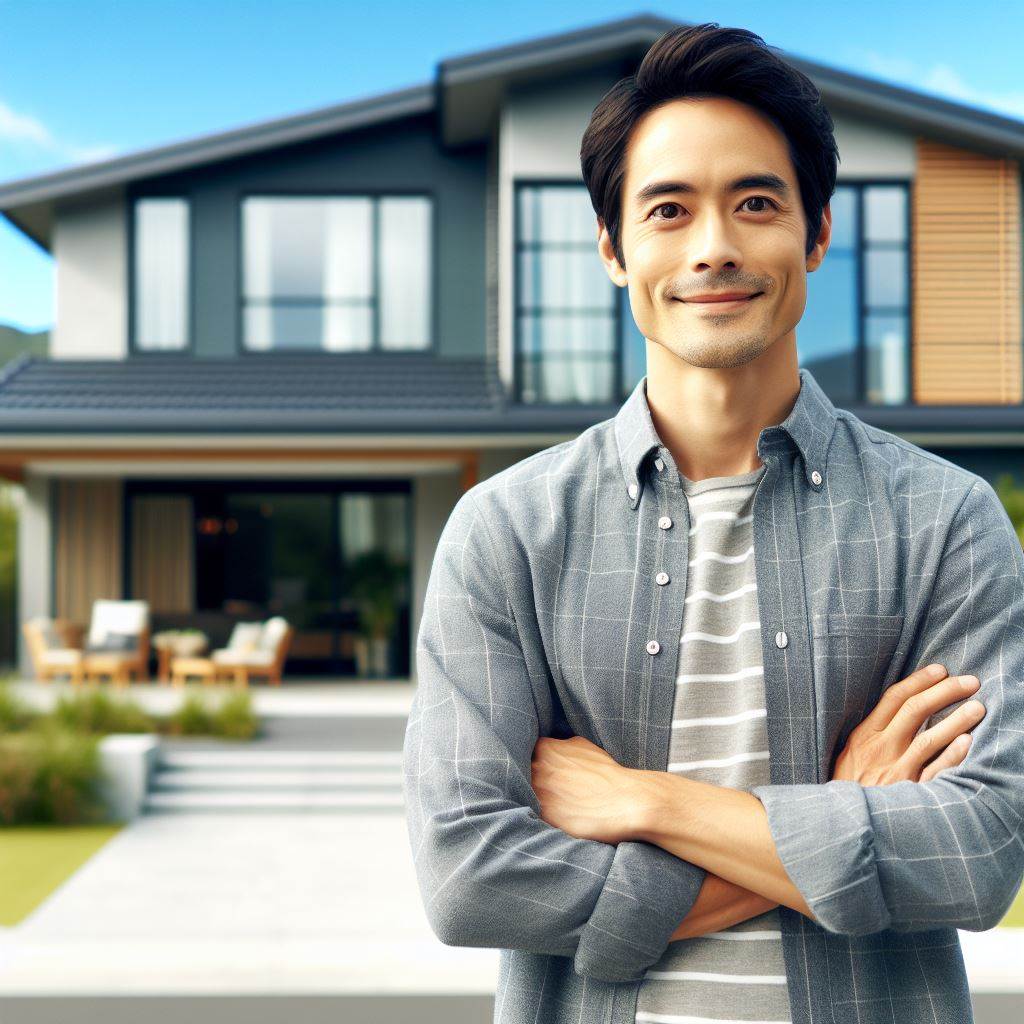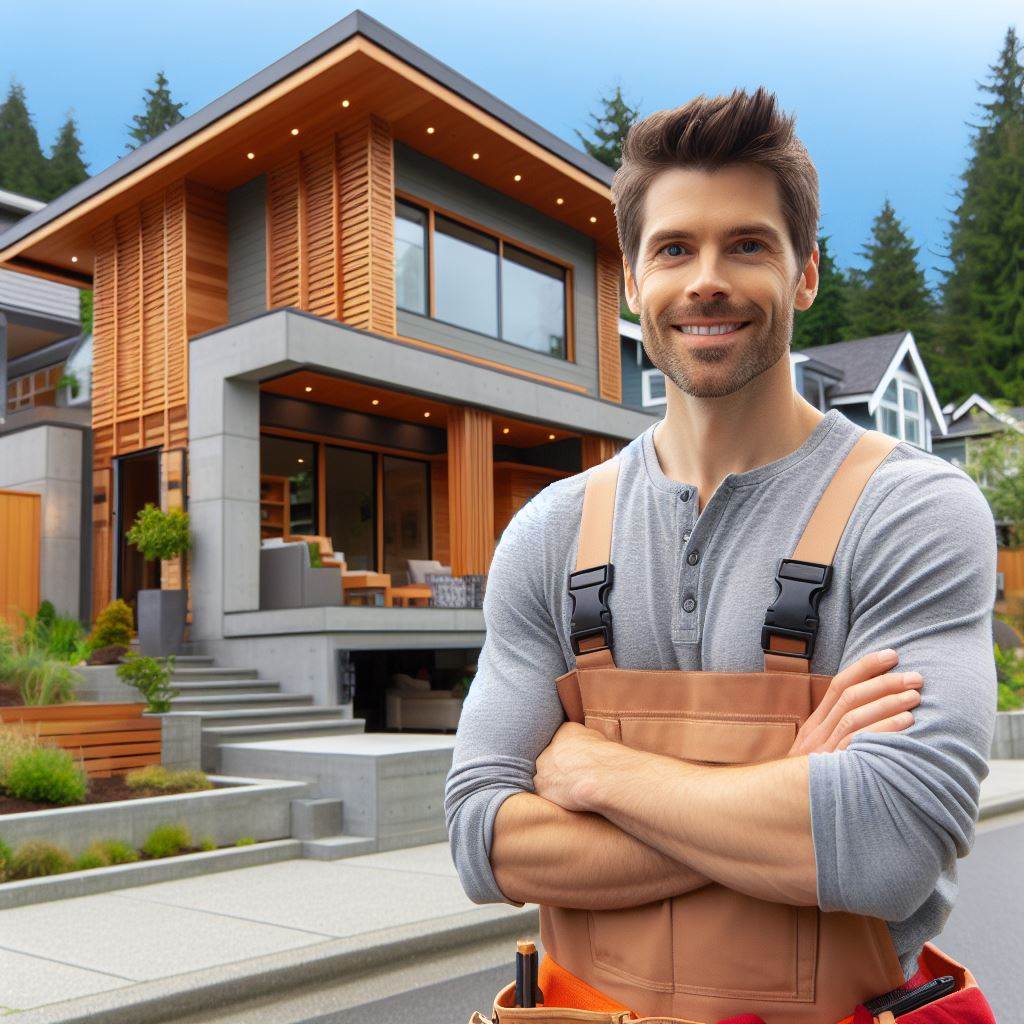Introduction
In this blog post, we will explore Virginia Sustainable Real Estate Trends.
Sustainable real estate is a paradigm shift in property development that prioritizes eco-friendly practices, resource efficiency, and environmental responsibility.
It encompasses design, construction, operation, and maintenance processes that minimize environmental impact and enhance long-term sustainability.
In Virginia, the importance of sustainable real estate trends cannot be overstated.
As a state with diverse landscapes, rich natural resources, and a growing population, Virginia faces unique challenges in balancing economic development with environmental conservation.
Sustainable real estate practices play a pivotal role in addressing these challenges by integrating innovative technologies, green building materials, and energy-efficient solutions into the built environment.
Furthermore, sustainable real estate trends in Virginia contribute to the state’s economic resilience by attracting investments, fostering job creation, and stimulating innovation in the green sector.
Beyond economic benefits, these trends also have significant social implications, as they promote healthier living environments, reduce greenhouse gas emissions, and enhance community well-being.
By embracing sustainable real estate practices, Virginia can position itself as a leader in environmental stewardship and sustainable development.
This not only aligns with global efforts to combat climate change but also reflects the state’s commitment to preserving its natural heritage for future generations.
In the following sections, we will delve deeper into the specific sustainable real estate trends shaping Virginia’s property market, explore innovative projects and initiatives, and examine the potential benefits and challenges associated with adopting sustainable practices in the state.
From green building certifications to energy-efficient retrofits, from sustainable land use planning to resilient infrastructure development, Virginia’s journey towards a more sustainable built environment is both promising and transformative.
Overview of Virginia’s Sustainable Real Estate Market
Current state of sustainable real estate in Virginia
Virginia’s sustainable real estate market has experienced significant growth in recent years.
Many developers and investors are embracing sustainable building practices and constructing green buildings.
The demand for sustainable real estate properties in Virginia is steadily increasing.
Transform Your Real Estate Decisions
Unlock personalized real estate insights crafted just for you. Get actionable advice designed to amplify your success.
Get StartedHomebuyers and tenants are actively seeking energy-efficient and environmentally-friendly homes and commercial spaces.
Sustainable real estate projects in Virginia include certified green buildings, eco-friendly neighborhoods, and mixed-use developments.
Growth and development of sustainable properties
Virginia has witnessed a surge in the development of sustainable properties across the state.
Many new construction projects incorporate green building features, such as renewable energy systems and efficient insulation.
Existing buildings are also being retrofitted with sustainable technologies to improve their energy efficiency.
The growth of sustainable properties in Virginia is driven by various factors, including environmental concerns and cost savings.
Sustainable buildings offer long-term economic benefits through reduced energy consumption and lower utility bills.
Initiatives and government support for sustainable real estate in Virginia
The state of Virginia has implemented several initiatives to promote sustainable real estate practices.
The Virginia Clean Energy Act encourages the development of renewable energy sources and sustainable building practices.
The Green Building Certification program provides incentives and recognition for projects that meet sustainable building standards.
Government agencies provide financial assistance and tax incentives to developers and property owners who adopt sustainable practices.
Virginia’s Sustainable and Resilient Infrastructure Fund supports projects that enhance energy efficiency and reduce environmental impact.
Virginia’s sustainable real estate market is thriving, with a growing number of sustainable properties and increased demand from buyers and tenants.
The state’s initiatives and government support further contribute to the development and success of sustainable real estate in Virginia.
Showcase Your Real Estate Business
Publish your company profile on our blog for just $200. Gain instant exposure and connect with a dedicated audience of real estate professionals and enthusiasts.
Publish Your ProfileMoving forward, it is crucial to continue promoting and investing in sustainable practices to create a greener and more resilient real estate market in Virginia.
Read: Eco Housing Market in the Carolinas
Key Sustainable Real Estate Trends in Virginia
Energy-efficient properties
Energy-efficient properties are gaining momentum. The use of green building materials and techniques is becoming ubiquitous.
These materials, such as recycled steel and sustainably sourced wood, contribute to reducing the environmental footprint of construction projects.
Additionally, advanced construction techniques like passive solar design and insulation strategies maximize energy efficiency.
Solar panels and geothermal systems are increasingly common features in Virginia’s sustainable real estate landscape.
Solar panels harness the abundant sunlight in the region to generate clean, renewable energy.
Geothermal systems utilize the earth’s constant temperature to heat and cool buildings efficiently, reducing reliance on traditional heating and cooling methods powered by fossil fuels.
Increased focus on water conservation
Water conservation takes center stage in sustainable real estate practices.
Builders and homeowners are adopting water-saving fixtures and appliances to minimize water usage without sacrificing performance.
Low-flow toilets, faucets, and showerheads are installed to reduce water waste while maintaining comfort and convenience.
Rainwater harvesting systems are being implemented to capture and store rainwater for non-potable uses such as landscape irrigation and toilet flushing.
Greywater systems recycle wastewater from sources like sinks, showers, and laundry for secondary uses, further reducing demand on freshwater resources.
Emphasis on indoor air quality
Emphasis on indoor air quality is a growing concern in Virginia’s sustainable real estate market.
Proper ventilation systems ensure adequate airflow, removing pollutants and allergens to maintain a healthy indoor environment.
High-efficiency air filtration systems trap airborne particles, enhancing indoor air quality and promoting respiratory health.
Non-toxic building materials and finishes are preferred to minimize off-gassing of harmful chemicals that can compromise indoor air quality.
Low-VOC paints, natural flooring materials like bamboo and cork, and formaldehyde-free cabinetry are examples of eco-friendly options that contribute to healthier living spaces.
Integration of smart home technologies
Smart home technologies are revolutionizing sustainable living in Virginia.
Energy management systems enable homeowners to monitor and optimize energy usage, reducing waste and lowering utility bills.
Home automation platforms allow for seamless control of lighting, heating, cooling, and appliances, maximizing efficiency and comfort while minimizing environmental impact.
Read: Nevada’s Green Investment Opportunities
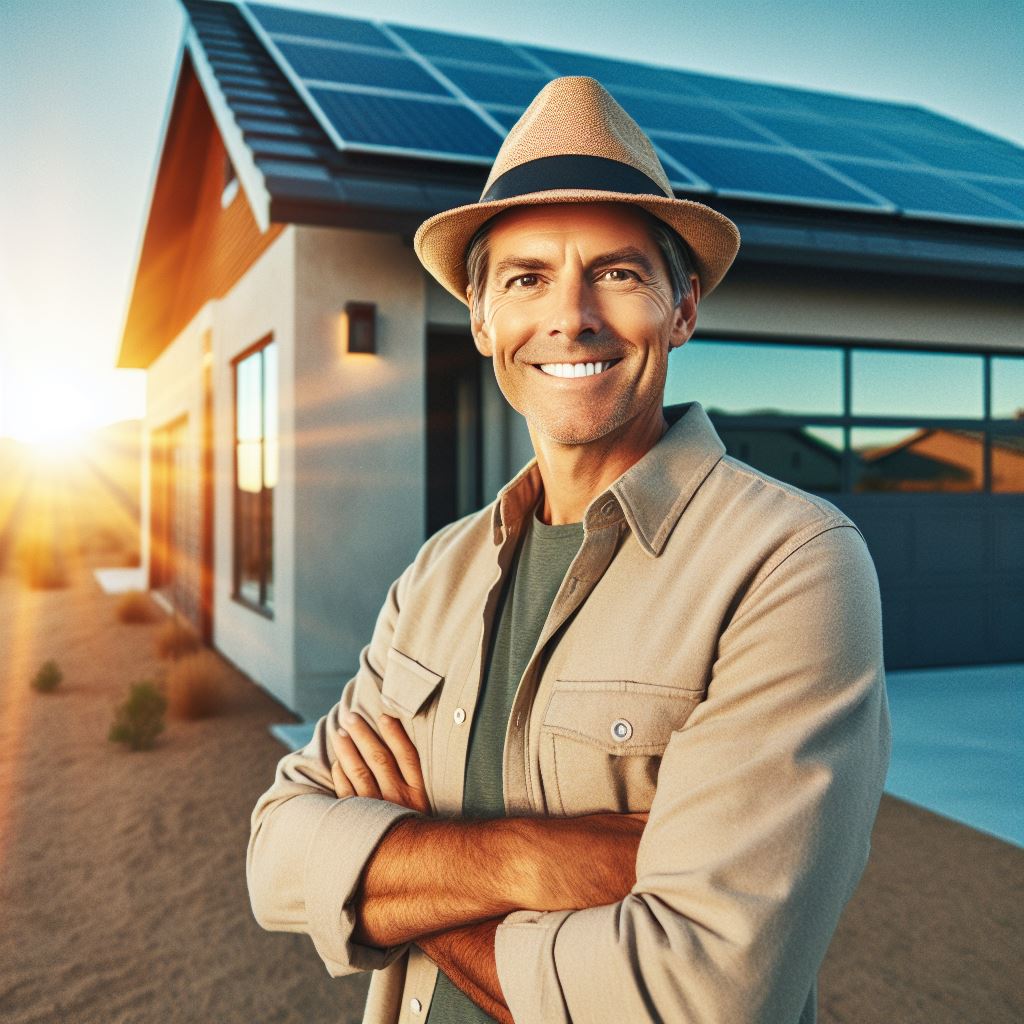
Benefits of Sustainable Real Estate in Virginia
When it comes to sustainable real estate in Virginia, there are numerous benefits to consider.
From environmental advantages to energy savings, homeowners can enjoy a wide range of advantages when investing in sustainable properties.
Let’s explore the benefits in detail:
Environmental Advantages
- Sustainable real estate promotes environmentally friendly practices.
- Properties are designed to minimize harm to the environment.
- Energy-efficient features reduce carbon emissions and lower the ecological footprint.
- Water conservation systems help reduce water consumption and preserve natural resources.
- Use of renewable energy sources, such as solar panels, reduces dependence on fossil fuels.
- Building materials are eco-friendly, reducing waste and promoting recycling.
Energy and Cost Savings for Homeowners
- Sustainable homes consume less energy, resulting in reduced utility bills.
- Efficient insulation and energy-efficient appliances contribute to energy savings.
- Renewable energy sources can generate electricity, reducing dependence on grid power.
- Installation of smart home technologies allows homeowners to monitor and optimize energy usage.
- Tax incentives and rebates are often available for homeowners who invest in sustainable upgrades.
- Decreased maintenance and repair costs due to the durability of sustainable building materials.
Enhanced Property Value and Marketability
- Sustainable properties often have higher market demand compared to traditional homes.
- Buyers are willing to pay a premium for homes with energy-efficient and eco-friendly features.
- Sustainable upgrades increase property value and improve long-term return on investment.
- Green certifications, such as LEED or Energy Star, enhance the marketability of the property.
- Real estate listings highlighting sustainability features attract environmentally conscious buyers.
- Long-term cost savings make sustainable homes an attractive option for potential buyers.
Positive Impact on Health and Well-being of Residents
- Sustainable homes provide better indoor air quality, leading to healthier living environments.
- Use of non-toxic materials reduces exposure to harmful chemicals and improves overall well-being.
- Natural daylight and proper ventilation systems enhance mood and productivity.
- Access to green spaces and outdoor amenities promotes physical activity and mental well-being.
- Reduced noise pollution inside sustainable homes creates a calm and peaceful living atmosphere.
- Living in sustainable communities fosters a sense of belonging and community engagement.
In review, investing in sustainable real estate in Virginia offers a myriad of benefits.
From protecting the environment and conserving energy to saving on costs and improving property value, sustainable homes contribute to a better quality of life for residents.
Moreover, the positive impact on health and well-being makes sustainable living an attractive option.
As the demand for eco-friendly properties continues to rise, embracing sustainability in real estate is both a wise and responsible choice.
Read: Arizona’s Solar-Powered Real Estate Edge
Showcase Your Real Estate Business
Publish your company profile on our blog for just $200. Gain instant exposure and connect with a dedicated audience of real estate professionals and enthusiasts.
Publish Your ProfileChallenges and Future Outlook
Obstacles faced in implementing sustainable practices
- Lack of awareness and understanding about the benefits of sustainable real estate practices.
- Limited availability of eco-friendly materials and technologies in the market.
- High upfront costs associated with sustainable building and renovation projects.
- Resistance to change from traditional real estate practices and reluctance to adopt new strategies.
- Complex regulatory frameworks and permitting processes for sustainable building projects.
Future prospects and expected growth of sustainable real estate in Virginia
- Increasing demand for sustainable properties from environmentally conscious homebuyers and tenants.
- Government incentives and policies promoting sustainable real estate practices.
- Growing recognition of the long-term cost savings and environmental benefits of sustainable buildings.
- Collaboration between real estate developers, architects, and green technology companies to innovate sustainable solutions.
- Integration of sustainable features into existing buildings through retrofitting and renovation projects.
Innovations and advancements likely to shape the future of sustainable real estate in the state
- Adoption of renewable energy sources such as solar panels and wind turbines for powering buildings.
- Development of energy-efficient technologies for heating, cooling, and lighting systems.
- Implementation of smart building management systems to optimize energy consumption.
- Utilization of sustainable materials and construction methods to reduce environmental impact.
- Integration of green spaces and urban farming initiatives to enhance sustainability and biodiversity.
Overall, while sustainable real estate practices in Virginia face challenges, the future outlook is promising.
With increasing awareness and demand, coupled with supportive government policies and innovative advancements, the growth of sustainable real estate is expected to continue.
By overcoming obstacles and embracing sustainable strategies, Virginia can achieve a more environmentally friendly and economically viable real estate sector.
Read: Eco-Smart Homes in New England
Conclusion
Throughout this blog, we have explored the sustainable real estate trends in Virginia.
We have seen how the state has prioritized green building practices, energy efficiency, and environmental preservation.
It is crucial for individuals and businesses involved in the real estate industry to embrace sustainability.
By incorporating sustainable practices, we can reduce our carbon footprint and contribute to the overall well-being of the environment.
Virginia has already made significant progress in sustainable real estate, and the future looks promising.
With the increasing demand for eco-friendly buildings and the support from the government and local communities, sustainable real estate will continue to thrive in Virginia.
Virginia’s sustainable real estate trends present a positive outlook for the future.
By implementing sustainable practices, we can create a more environmentally-friendly and resilient real estate sector.
Let us strive to embrace sustainability and contribute to a better future for Virginia and the planet.

